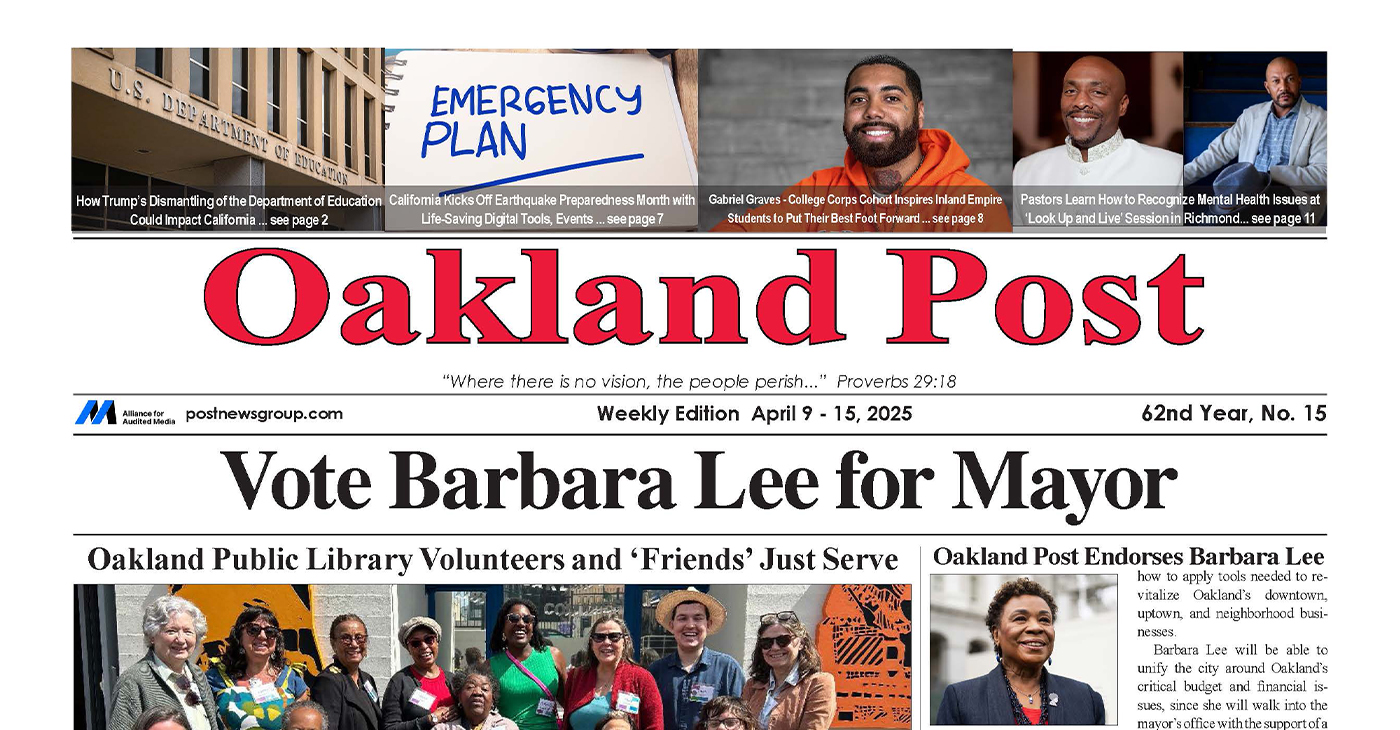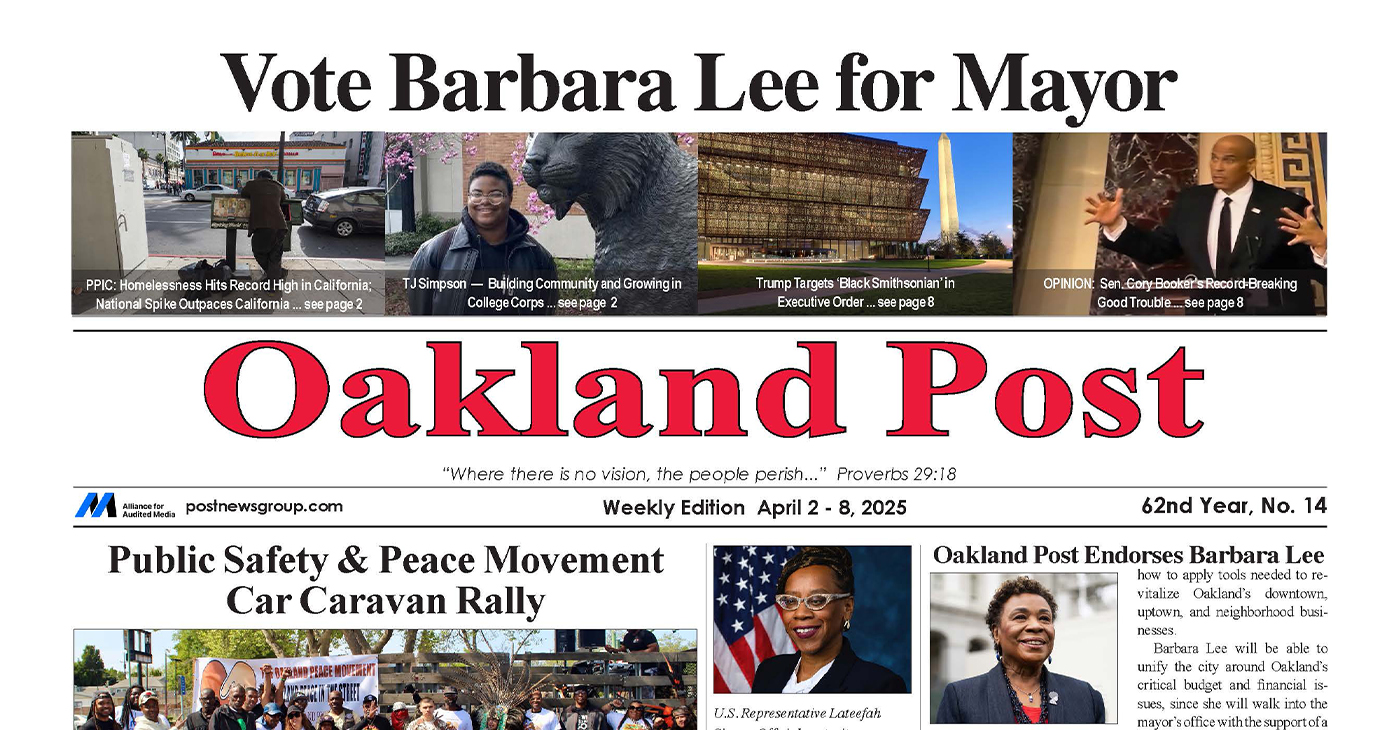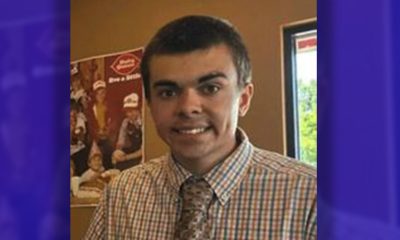Crime
OP-ED: Baltimore-Don’t Get It Twisted
By Richard Wembe Johnson, Folsom Prison
Charging six Baltimore Police Officers with a range of criminal offenses from homicide to criminal negligence doesn’t equate to justice, not even the appearance of it.
<p>
But based on the information that was before the State Attorney’s office, not to charge certainly would have created more harm. The prudent option was to charge, if for no other reason than to bring calm to a city in a state of upheaval over the death of Freddie Gray, who was being held illegally from the start with no probable cause.
It is from this premise that you must ascertain the search for justice.
Freddie Gray committed no crime.
He died while in the custody of the police. The evidence clearly suggests that some type of malfeasance occurred that caused him to lose his life.
Bringing charges is surely a step in the right direction to obtain truth and justice.
For those in search for righteousness and justice, it is important to stay focused and not become mesmerized by the conciliatory poses of truth.
Being charged with a crime is not a conviction, as we have seen in numerous cases, i.e. George Zimmerman in the murder of Trayvon Martin and many more instances of what amount to pacification gestures.
Yes, it’s all right to rejoice in the fact of bringing charges to those who held the life of Freddie Gray within their grip.
Already there are calls of improprieties against the state’s prosecution office, largely by the police union, claiming political motivations for a “rush to judgment.”
The nation is in turmoil over how our police, who are supposed to serve and protect us, instead are now defending themselves from people who are seeking protection from police misconduct.
Short of calling what is going on nationwide an outright war, what we see mirrors a state of perpetual discord between the police and anyone perceived as a threat against them.
I am not overstating this ominous situation because we have indisputable evidence that everyday people are dying at the hands of police officers for committing alleged crimes or just for being in the wrong place at the wrong time.
It’s very crucial that we don’t become lax in our quest for justice in these cases involving wrongful police conduct.
We must turn the tide against wrong and stay the course in search for true answers that result in correct justice, not the foolery this often is dispensed as truth.
Today, it’s Baltimore. Tomorrow it could be your town, city or community that’s aflame.
Justice must be earned not simply taken for granted.
Activism
Oakland Post: Week of April 9 – 15, 2025
The printed Weekly Edition of the Oakland Post: Week of April 9 – 15, 2025

To enlarge your view of this issue, use the slider, magnifying glass icon or full page icon in the lower right corner of the browser window.
Activism
Oakland Post: Week of April 2 – 8, 2025
The printed Weekly Edition of the Oakland Post: Week of April 2 – 8, 2025

To enlarge your view of this issue, use the slider, magnifying glass icon or full page icon in the lower right corner of the browser window.
Activism
Oakland Post: Week of March 28 – April 1, 2025
The printed Weekly Edition of the Oakland Post: Week of March 28 – April 1, 2025

To enlarge your view of this issue, use the slider, magnifying glass icon or full page icon in the lower right corner of the browser window.
-

 Activism4 weeks ago
Activism4 weeks agoWe Fought on Opposite Sides of the Sheng Thao Recall. Here’s Why We’re Uniting Behind Barbara Lee for Oakland Mayor
-

 Activism4 weeks ago
Activism4 weeks agoFaith Leaders Back Barbara Lee for Mayor, Criticize Candidate Loren Taylor for Dishonest Campaigning
-

 Activism3 weeks ago
Activism3 weeks agoOakland’s Most Vulnerable Neighborhoods Are Struggling to Eat and Stay Healthy
-

 #NNPA BlackPress4 weeks ago
#NNPA BlackPress4 weeks agoRev. Dr. Jamal Bryant’s Black Church Target Boycott Mobilizes 150,000
-

 #NNPA BlackPress4 weeks ago
#NNPA BlackPress4 weeks agoRecently Approved Budget Plan Favors Wealthy, Slashes Aid to Low-Income Americans
-

 Activism2 weeks ago
Activism2 weeks agoOakland Post Endorses Barbara Lee
-

 Activism4 weeks ago
Activism4 weeks agoGroup Takes First Steps to Recall District Attorney Diana Becton
-

 Activism4 weeks ago
Activism4 weeks agoOakland Post: Week of March 19 – 25, 2025





















































